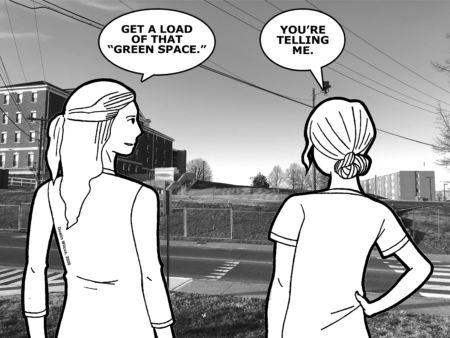I have before me the image of Albrecht Durer’s “Melencolia I,” completed in 1514 as perhaps the finest of his copperplate engravings.
According to the Britannica, Durer (1471-1528), born and died in Nurnberg, Germany.
Painter and printmaker, he is generally regarded as the greatest German Renaissance artist. Durer has interested me for some time, ever since I saw his Christ-like self-portrait, an oil on wood that he painted in 1500.
It is the subject of his 1514 copper engraving that is of interest to me, however, largely because I sometimes suffer from melancholia, a state of depression that can leave one helpless in its grip. I wonder if Durer suffered from melancholia. After all, he chose it as the subject for his engraving, and a glance at his somber self-portrait perhaps gives a further clue. Melancholia. Winston Churchill called it “the black dog.” In Durer’s engraving, a robed scholar, surrounded by symbols of alchemy, holding a pen in one hand and leaning on the other, looks off into the distance contemplating the depths of his despair.
The writer Paul Lawrence Dunbar wrote knowingly about the condition in his poem, “Melancholia:”
“Silently without my window,
Tapping gently at the pane,
Falls the rain.
Through the trees sighs the breeze
Like a soul in pain.
Here alone I sit and weep;
Thought hath banished sleep.
Wearily I sit and listen
To the water’s ceaseless drip.
To my lip
Fate turns up the bitter cup,
Forcing me to sip;
‘Tis a bitter, bitter drink,
Thus I sit and think,–
Eyes that look into the future,–
Peeping forth from out my mind,
They will find
Some new weight, soon or late,
On my soul to bind,
Crushing all its courage out,–
Heavier than doubt.”
As is obvious from his verse, Dunbar knew what depression was all about. After achieving international fame as a poet and novelist as a young man, he suffered from tuberculosis and then debilitating depression, which led to a dependence on alcohol and an early death at 33.
So many of my students are burdened with depression. I know because you tell me. And then you are sometimes surprised to know that I understand exactly what you are going through. Perhaps a professor’s ability to empathize with you is a comfort of a sort, for I know that many students are overwhelmed with pressures that seem to have your worlds spinning out of control. You are not alone.
Evelyn believes that my struggles with depression coincide with the academic calendar, that she can predict when a particular bout of melancholia will ensue.
Perhaps she is right, but sometimes “the black dog” catches us all unawares. And when those dark days come, we ask for grace, and pray that the light will come once again.
And the light will come. Or as the Psalmist wrote, “weeping may endure for a night, but joy cometh in the morning.”
Students, don’t dismiss depression. Help is available on campus at Health Services, 136 Wells Hall, 809-3809 or the Psychological Center, 401 Wells Hall, 809-2504.
Column by Duane Bolin, professor of history.






































































































